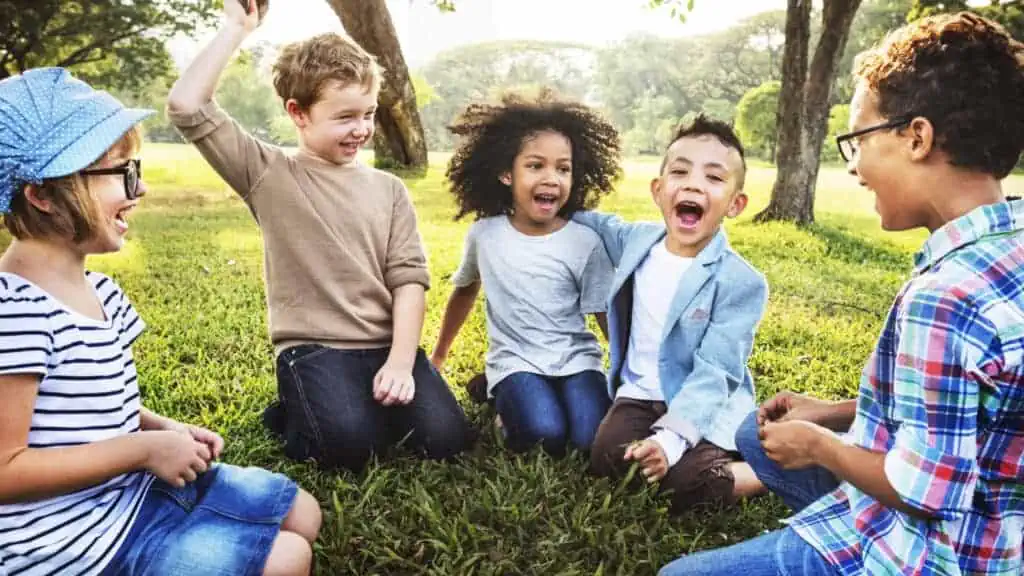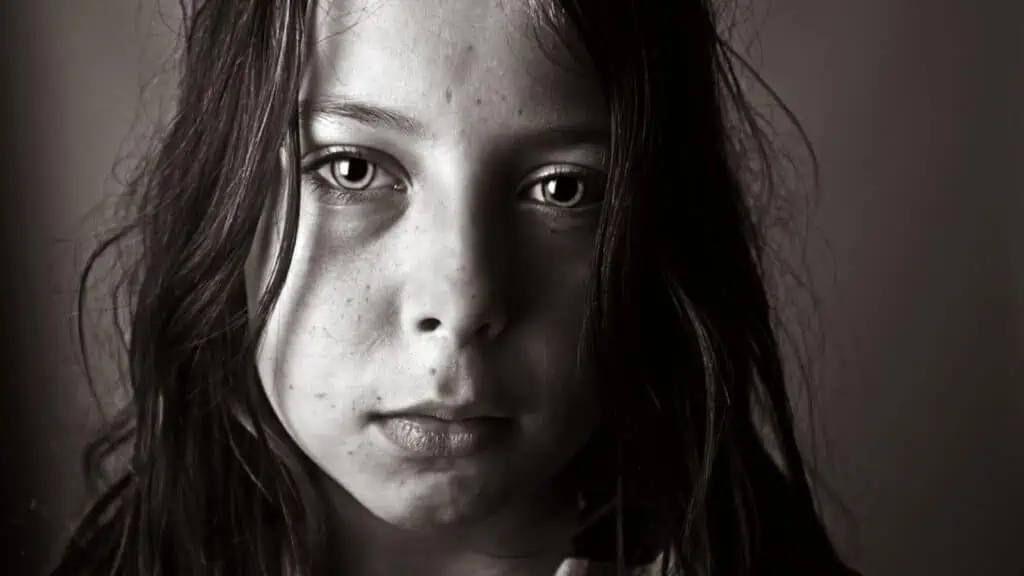12 Ways Younger Generations Aren’t Being Prepared for Real Life
This post may contain affiliate links. As an Amazon Associate, I earn from qualifying purchases.
A 2022 UNICEF report revealed that at least 3 out of 4 young people are unprepared for the job market. Worse still are the ones who are unprepared for life and every uncertainty that comes with it.
As society evolves, how well are we preparing the younger generations for the realities of adult life? While academic achievements and technological proficiency are at an all-time high, essential life skills and coping mechanisms are not adequately cultivated.
What are the main weaknesses in today’s education and upbringing? Where do they not measure up? And who’s responsibility is it to teach them these things? Here are some ways younger generations aren’t getting ready for real life.
1. Lack of Financial Literacy

How many young people today know how to make their money go where it should? Financial literacy is one critical area where younger generations may be unprepared. Access to financial resources and information is easier than ever, but studies indicate that 70% of young Americans live from one paycheck to the next. Financial illiteracy is just part of the problem in today’s futile economy.
Many young people lack the essential knowledge and skills to manage their finances effectively. This lack of preparation can lead to excessive debt, poor budgeting, and vulnerability to financial scams. Schools, parents, and guardians should teach financial responsibility and model healthy spending habits for their children.
2. Not Developing Emotional Intelligence

The widespread videos of teenage “Karens” acting out today prove that emotional intelligence is not as prevalent as we would like. Not many young people can recognize and manage their emotions and empathize with others. Emotional intelligence is a vital aspect of personal development often overlooked in traditional education systems.
This can lead to young people struggling to navigate and regulate their emotions, causing issues such as anxiety, depression, and poor self-esteem. It is crucial to teach children to identify and express their emotions and develop stress management coping mechanisms. Practicing empathy towards others prepares them for real-life challenges and allows them to better connect with others for a more fruitful life.
3. They Don’t Learn Practical Life Skills

Tell most young people to make you a meal, and you will have thrown them into unfamiliar territory. As technology grows, we risk not teaching young people important everyday skills. Cooking, cleaning, and basic home repair are important skills often not taught in schools, and parents are too busy with work (to make ends meet) and shuttling their kids to extracurriculars to do much at home.
These skills are crucial for self-sufficiency and independence, making them necessary for real life. Parents (and grandparents) can bridge this gap by weaving practical life skills into everyday routines. They should also offer chances for hands-on learning experiences.
4. Not Having Critical Thinking and Problem-Solving Skills

Today’s world demands critical thinking and problem-solving skills more than ever, as individuals face an overflow of information and the need to make quick decisions. Many younger people are not learning critical information analysis or efficient problem-solving. These vital skills are often overlooked in education and general life.
Improving education with critical thinking and problem-solving exercises helps young people. These activities teach them to handle real-life challenges better, becoming more skilled at dealing with life’s problems.
5. Lack of Useful Digital Literacy

Even toddlers, who can’t string two words together, can navigate an electronic device effectively today. While younger generations are often considered digital natives, there’s a distinct difference between using technology and understanding it. Digital literacy goes beyond simple internet use; it includes cybersecurity, dealing with trolls, and not being a troll themselves. It also involves critically evaluating online information and not believing everything they see online.
Schools and parents must focus on developing competencies that turn young individuals into responsible digital citizens. This will ensure they’re not just consuming digital content but using it wisely.
6. Limited Interpersonal Communication Skills

The rise of digital communication has led to a decline in face-to-face interaction skills among younger generations. Communicating effectively in person is crucial for building relationships and networking professionally. However, some young people can’t hold a meaningful conversation today.
Teaching people how to communicate well can help solve social disconnect. They should learn to express themselves and understand others, forming strong relationships (plus understanding the importance of forming strong social bonds). This focus on communication skills is key to connecting with others.
7. Low Adaptability and Flexibility

In a rapidly changing world, adapting and remaining flexible is vital. According to the CDC, 15% of suicides are in youths below 24 years. Sadly, many young people enter adulthood without the resilience or agility to pivot when circumstances change.
Integrating experiences that promote adaptability is essential. This includes diverse learning opportunities, travel, and exposure to different cultures. These experiences can prepare younger generations for the unpredictable nature of life.
8. Not Learning Leadership and Teamwork

Ask a random young person about their most stressful things, and group projects will likely be on the list. Leadership is not solely about taking charge; it also involves collaboration, delegation, and the ability to work within a team. Unfortunately, not all educational or familial settings cultivate these leadership and teamwork skills.
Every workplace will have “team player” as one of their requirements. Group projects, sports, and community service play crucial roles in fostering confidence and teamwork among young people. These activities prepare them for leadership roles in real life.
9. Lack of Civic Awareness and Engagement

How many young people today vote, and do they know why they vote for a certain candidate? Understanding one’s role within society and the importance of civic engagement is another area where young individuals may lack preparation, even though they’re interested.
This means learning about government, personal rights, and how to participate in democracy. Adding more lessons on civic education and promoting involvement in community issues can improve this knowledge.
10. Health and Wellness

Health and wellness go far beyond physical health. It’s a comprehensive approach that covers a wide spectrum of well-being aspects, and young people would benefit greatly from access to more of this information to help them feel their best.
Comprehensive health education that addresses mental health, holistic health (sleep, nutrition, etc.), sexual education, and relationships is vital. It equips young people with the knowledge and skills to make informed decisions about their well-being.
11. Lack of Entrepreneurial Skills

The job market is constantly evolving. There is an increasing focus on entrepreneurship, and innovation is becoming increasingly important. However, in the rush to pass exams and join the corporate world, many people don’t prioritize entrepreneurial skills.
Teaching entrepreneurial skills like risk assessment and business planning equips younger generations for future careers. Creative problem-solving prepares them for jobs that may not yet exist.
12. Lack of Time Management and Organization Skills

Good time management and organization are key to success in life and work. Helping young people learn to sort (and prioritize) their tasks, use their time well, and keep their spaces neat can really help them be more productive and less stressed.
Using planners is a practical skill that can be developed early on. Setting goals helps in personal and professional growth. Young people should learn skills like delegating and effective time management.
20 Strong Words Parents Should Never Say to Their Kids

Countless adults sitting in a therapist’s office today are grappling with the lasting impact of words spoken by their parents during childhood. Regardless of how you perceive yourself, in your child’s eyes, you are nothing short of the most remarkable thing to happen to them since “skip intro.” This underscores the critical importance of being mindful of what you say to your children, as your words become the small but influential voice in their developing minds.
20 Strong Words Parents Should Never Say to Their Kids
16 Common Phrases Grandparents Should Stop Saying to Their Grandkids

Do you still remember something your grandparents said that made you uncomfortable? As much as we adore our grandparents, their words (even with good intentions) can sometimes hurt our feelings or are plain embarrassing.
If you are a grandparent, using your words mindfully around your grandkids is as crucial as any other relationship. Words hold immense power and shape our kids’ behaviors and perceptions.
16 Common Phrases Grandparents Should Stop Saying to Their Grandkids







